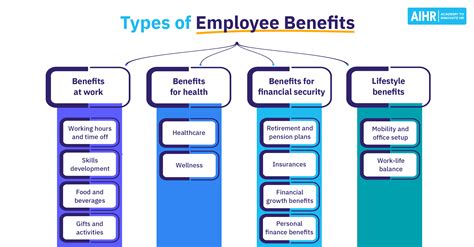The Dynamics of Salary Negotiation Confidence Among Men
Salary negotiation is a critical step in securing a new job, significantly impacting an individual’s career trajectory and lifetime earnings. While it’s a universal practice, confidence levels in approaching this crucial conversation can vary widely across demographics. A frequently explored area of research involves understanding how different groups perceive their ability to negotiate, with men often being highlighted for their reported confidence in this domain.
![[Free] Health And Wellness: Using Cbt To Boost Self-Confidence](/images/aHR0cHM6Ly90czEubW0uYmluZy5uZXQvdGg/aWQ9T0lQLk1KeU83eXJaSzhmQ3BZenpDQWxjYUFIYUVLJnBpZD0xNS4x.webp)
While precise figures can fluctuate depending on the study, methodology, and the specific economic climate, a consistent trend emerges: a substantial percentage of men, on average, report feeling confident or very confident when it comes to negotiating a higher salary for a new job offer. Various surveys and analyses often place this figure in the range of 55% to 65%. This confidence level is typically higher than that reported by women, though the gap has shown signs of narrowing in recent years as more emphasis is placed on negotiation skills training for all.
Understanding the Drivers of Male Negotiation Confidence
Several factors contribute to this observed confidence level among men. Societal expectations and traditional gender roles have historically encouraged men to be more assertive and competitive in professional settings, which can translate into greater comfort with negotiation. Furthermore, men may often have more prior experience with negotiation, either personally or through observation, reinforcing their self-efficacy.

Another significant driver is the perceived risk and reward. Some studies suggest that men may be less apprehensive about potential negative outcomes from negotiating and more focused on the potential financial gains. This mindset, combined with a strong belief in their market value, can empower them to push for better terms.
The Broader Impact of Negotiation Confidence
The ability and confidence to negotiate effectively have profound implications beyond just the immediate job offer. Successful negotiation at the outset of a new role can lead to higher lifetime earnings, better benefits, and a stronger sense of being valued by an employer. Over time, these initial gains compound, creating a significant financial advantage.

For individuals, this confidence can also translate into a more proactive approach to career development, including asking for promotions, raises, and new opportunities, further accelerating their professional growth. It fosters a sense of agency and control over one’s career path.
Strategies to Boost Negotiation Confidence for Everyone
While men, on average, may report higher confidence, negotiation is a skill that can be learned and improved by anyone. Key strategies include:
- Research Market Value: Knowing what similar roles pay in your industry and region is fundamental.
- Practice and Preparation: Role-playing negotiation scenarios can help build comfort and refine your arguments.
- Understand Your Value Proposition: Clearly articulate how your skills and experience will benefit the company.
- Focus on the ‘Why’: Beyond just a number, understand the reasons for your salary request.
- Be Prepared to Walk Away: Having alternative options or a clear ‘BATNA’ (Best Alternative To a Negotiated Agreement) can increase leverage.

Cultivating a confident mindset, regardless of gender, involves understanding the process, being well-prepared, and believing in one’s worth. Employers often expect candidates to negotiate, viewing it as a sign of assertiveness and engagement.
Conclusion: Empowering All to Negotiate Effectively
While statistics suggest a notable percentage of men feel confident in salary negotiations, the overarching message is the universal importance of developing these skills. For all job seekers, especially when faced with a new job offer, the ability to confidently and effectively negotiate for a higher salary is a powerful tool for financial well-being and career advancement. By understanding the factors that contribute to confidence and actively practicing negotiation techniques, individuals can empower themselves to secure the compensation they deserve.





